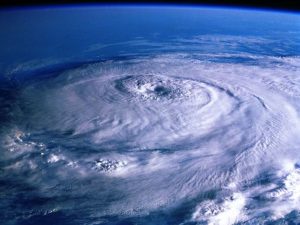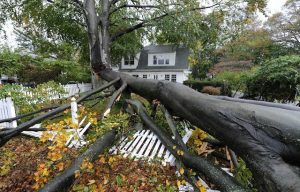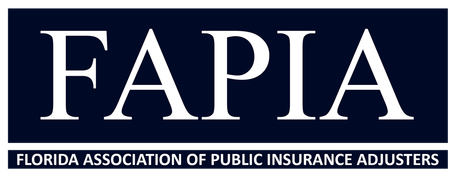Point Washington Hurricane Damage Claim Adjusters

A hurricane is a tropical cyclone, occurring in the North Atlantic Ocean or the Northeast Pacific Ocean, east of the International Dateline.
The intense winds from a hurricane can affect roofs, windows, screened in lanais, and even landscaping. A home does not need to be hit by the actual hurricane in order to suffer damage. One violent wind gust can displace a tree or bush through someone’s roof or window and cause major damage to the exterior and the interior of a property.
Direct hurricane damage, on the other hand, usually does cause major problems to a home if it is not protected properly. Mitigation is extremely important when it comes to properly handling the wind claim. We have almost five years of Hurricane related experience.
Our experts are dedicated to supporting you in handling your hurricane property damage. As public claims adjusters, we are motivated to getting you the compensation you need to repair or replace your impacted property. Unlike private insurance adjusters that work for (and get paid by) the insurance companies, our Point Washington public adjusters are your advocates, working directly for you, and we don’t get paid until you do.
Call us today at (813) 370-1119 for your Free Consultation!
Hurricanes Damage More Than Homes

Hurricanes cause many changes to the natural environment along a coast too. Sand is eroded from some coastal areas and deposited in others. The waves and storm surge are able to carry large rocks and even boulders. Many low-lying areas are flooded by storm surge. And strong winds and floods can thin or destroy forests.
After a hurricane hits a coastal area, it can travel inland. At this point, the storm has typically weakened, but it can still cause serious damage. Torrential rains from the storm can cause flooding and mudslides.
It is estimated that 10,000 people die each year worldwide due to hurricanes and tropical storms. The majority of human deaths are caused by flooding. Because they can be very dangerous, it is important to be aware of hurricane season, look for hurricane warnings and to evacuate if it is recommended in your area.
Water damage, wind damage, roof leaks, mold damage, and other underlying issues can also be a concern after a tropical storm or hurricane. It is important that all damage is accurately assessed, including any additional living expenses or income loss you may incur as a result of the storm or hurricane.
If you have suffered a business interruption resulting in commercial claims, our Point Washington damage insurance claim experts are here for business owners as well. We support all individuals and businesses with filing a hurricane insurance claim that provides them with actual cash value and true compensation for their loss.
Tropical Storms, Tropical Depressions, and Hurricanes
A tropical thunderstorm can grow into a massive hurricane under certain conditions. Sometimes several thunderstorms start rotating around a central area of low pressure. This is called a tropical depression. If the depression strengthens so that winds reach at least 39 mph, it is called a tropical storm. And if wind speeds increase to more than 74 mph, it is called a tropical cyclone or hurricane.
Once formed, hurricanes take energy from the warm ocean water to become stronger. A storm will strengthen if there is a supply of warm, moist air to feed it. Warm, moist air is found above warm, tropical ocean waters. While a hurricane is over warm water it will continue to grow. A hurricane dies when it moves away from the tropics. When a hurricane moves into areas with cooler ocean water, it weakens. It will also weaken if it travels over land.
The rotation of the storm is due to the Coriolis Effect, a product of the Earth’s rotation. This causes the air being drawn into the central low pressure to curve. The air rises as it rotates. This rising air, which is saturated with water, cools and condenses, forming clouds. Hurricanes do not occur within 300 miles (500 kilometers) of the equator because there is no Coriolis Effect at the equator.
Often, you will find that you also need to file other claim types, such as a fire insurance claim, hail damage claim, or claims for other damage resulting from the storm. If you have flood insurance, that claim may need to be filed separately as well. With the support of a Point Washington public insurance adjuster, you can have all your claims settlement handled by a single individual, rather than working with your different insurance providers separately.
Free Consultation with an Experienced Hurricane Damage Claims Adjuster

Contact Reliable Claims Adjusting for a fair and honest evaluation by completing the form below, or simply give us a call at (800) 580-5650 for a Free Consultation. All of our fees are contingent on your payout from your insurance company, so we don’t get paid until you do!













